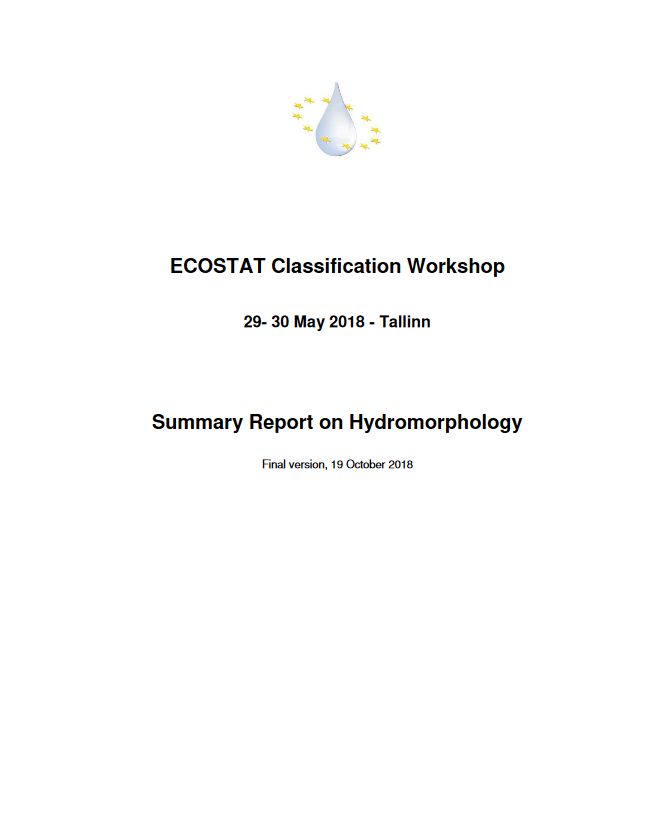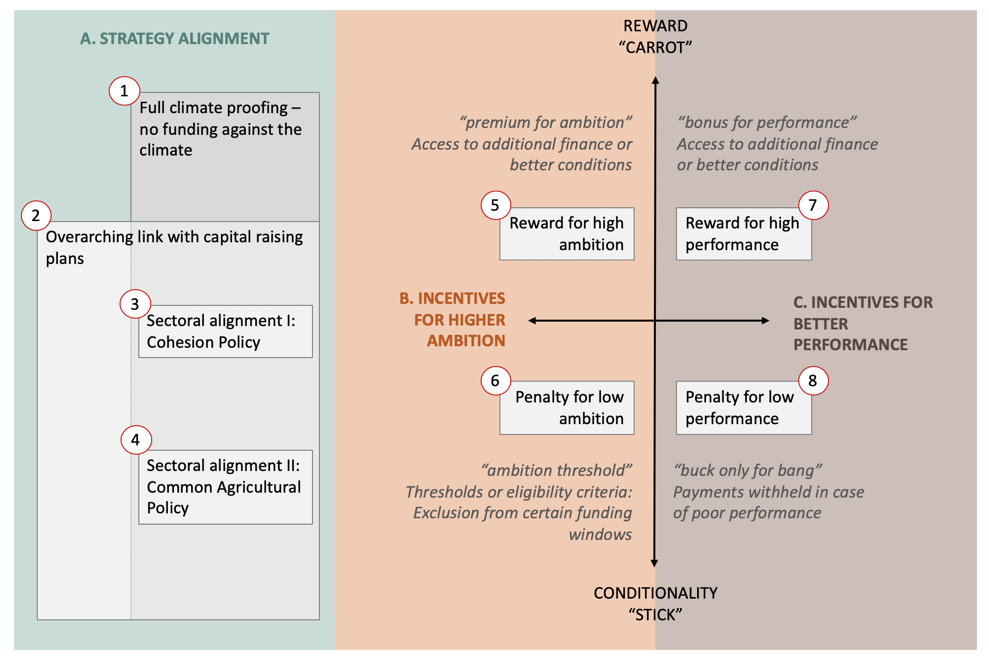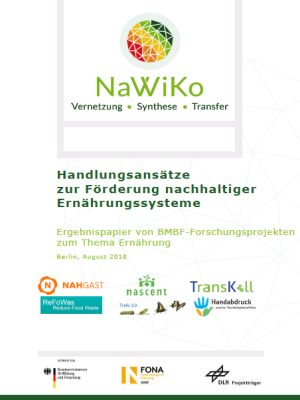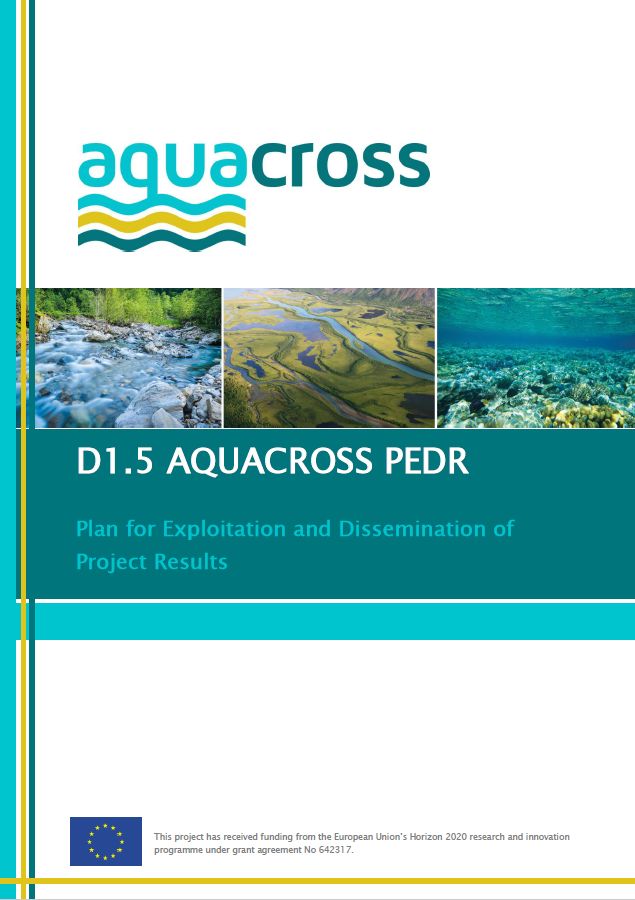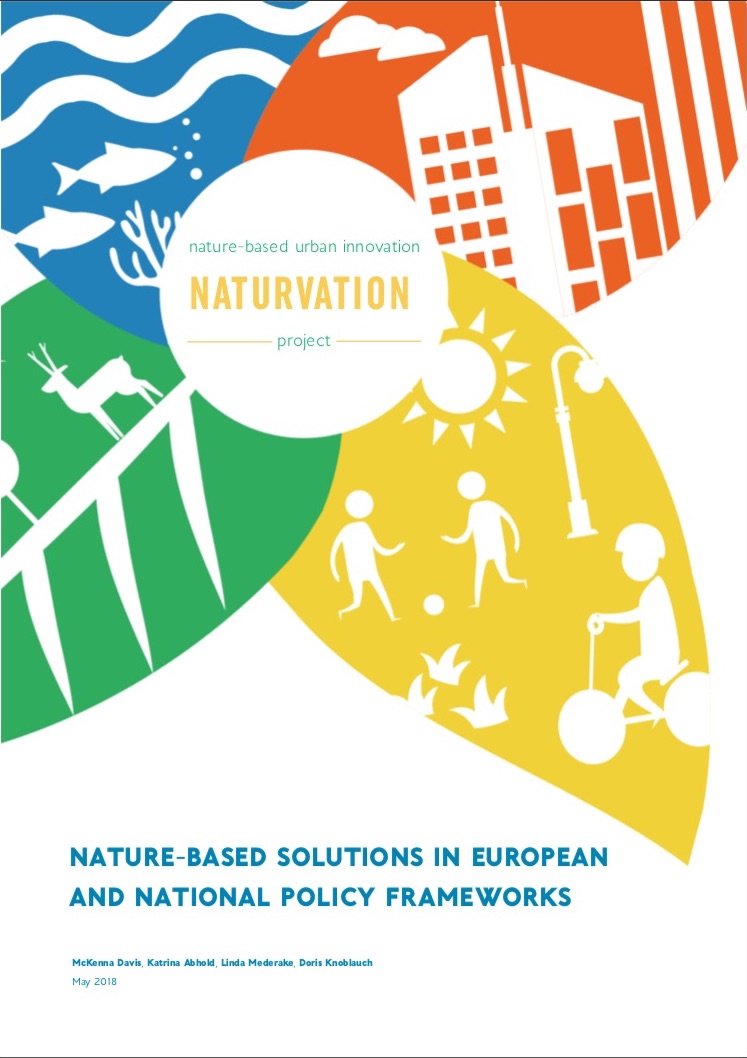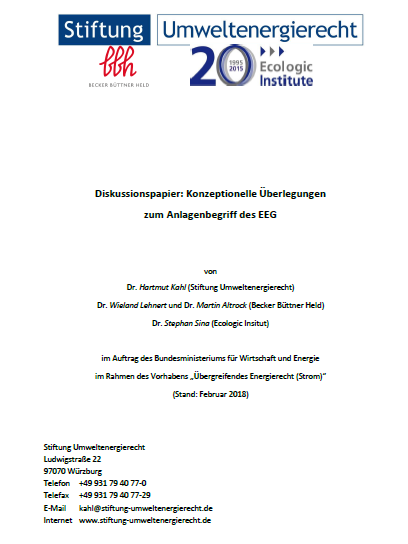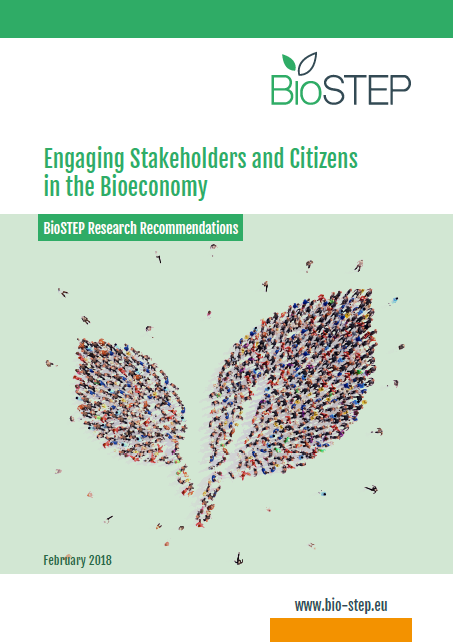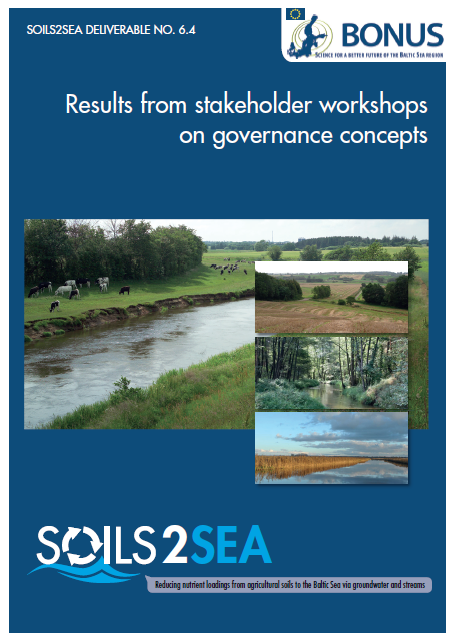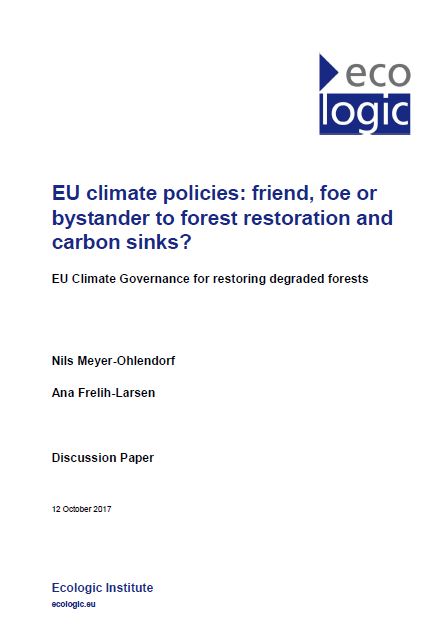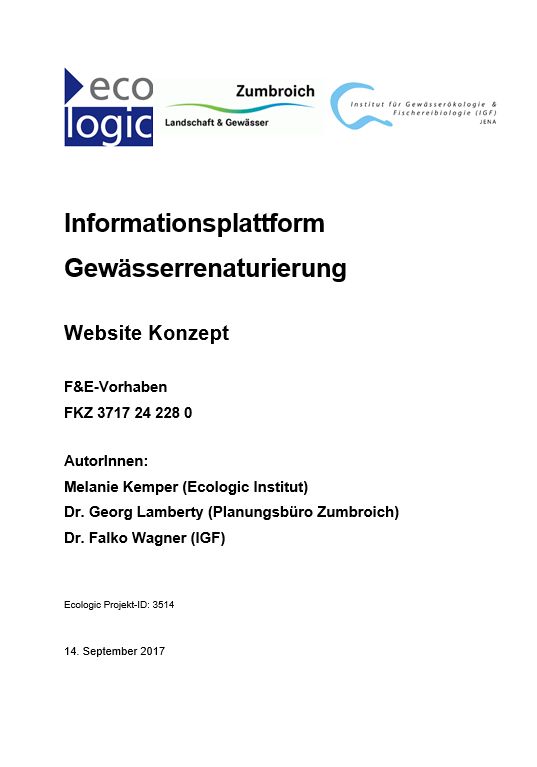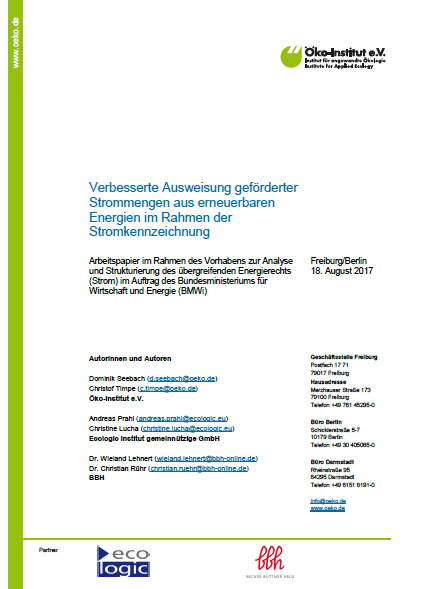Publication:Document
Publication:Document
Result Oriented Spending for the Climate
Creating strong connections between the EU budget and National Energy and Climate Plans
Year
Read morePublication:Document
Handlungsansätze zur Förderung nachhaltiger Ernährungssysteme
Ergebnispapier von BMBF-Forschungsprojekten zum Thema Ernährung
Year
Read morePublication:Document
AQUACROSS Plan for Exploitation and Dissemination of Project Results
Deliverable D1.5
Year
Read morePublication:Document
Publication:Document
Publication:Document
Publication:Document
Engaging Stakeholders and Citizens in the Bioeconomy
BioSTEP Research Recommendations
Year
Read morePublication:Document
Publication:Document
Publication:Document
EU Climate Policies: friend, foe or bystander to forest restoration and carbon sinks?
EU Climate Governance for restoring degraded forests
Year
Read morePublication:Document
Publication:Document
Publication:Document
